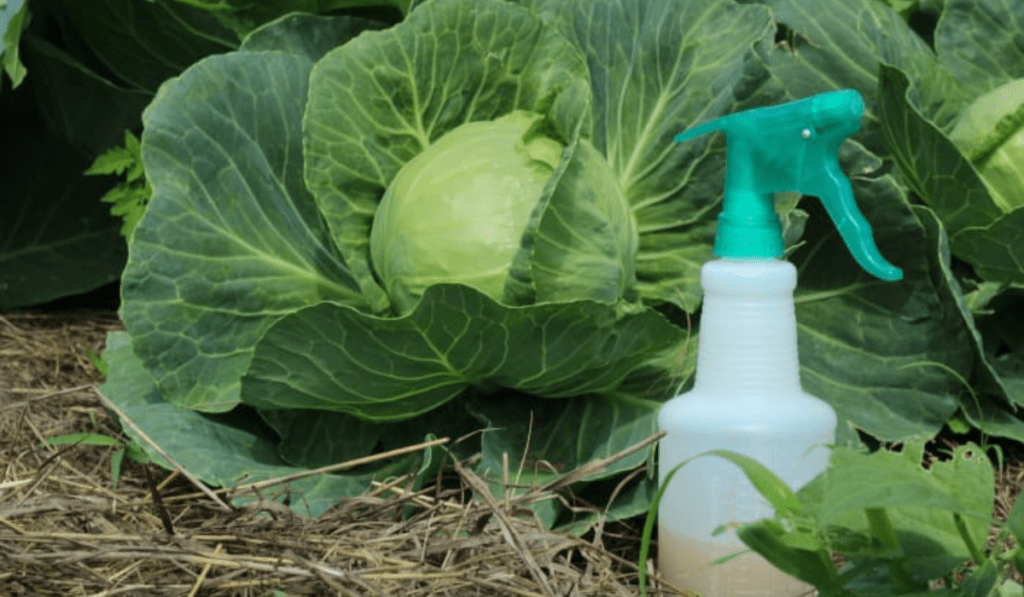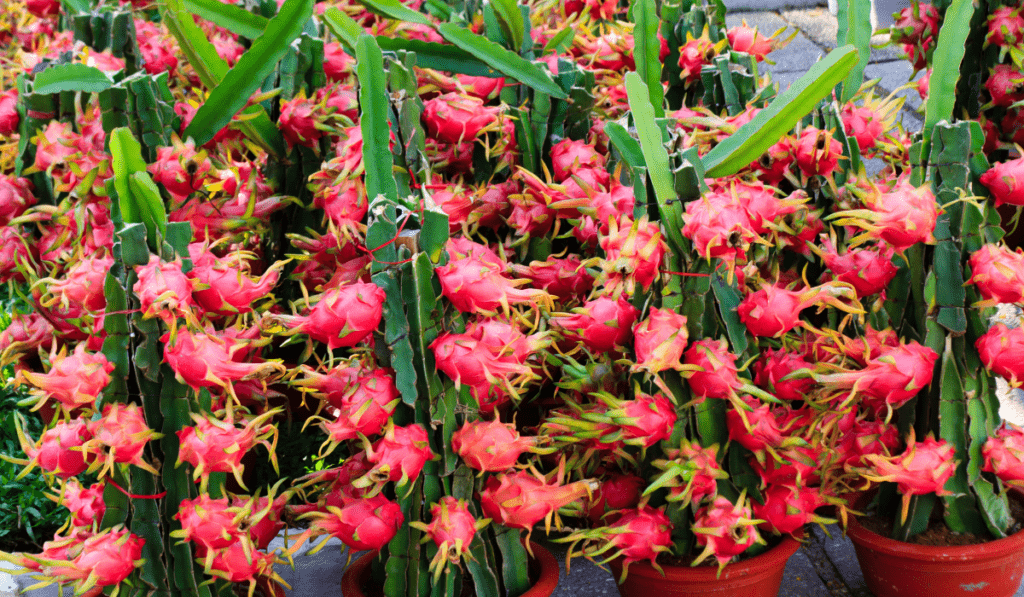Coffee grounds can be a valuable and sustainable addition to your garden routine. Not only do they provide nutrients essential for plant growth, but they also help to improve soil structure and retain moisture. Coffee grounds are rich in nitrogen, potassium, and phosphorus, which are all important macronutrients for plants. Incorporating coffee grounds into your garden soil can promote healthy plant growth, improve soil fertility, and reduce the need for synthetic fertilizers. Discover the benefits and methods of using coffee grounds as a natural fertilizer for your garden.
Benefits of Using Coffee Grounds as a Natural Fertilizer
Coffee grounds offer numerous benefits when used as a natural fertilizer in your garden. Here are some key advantages:
1. Rich in Nutrients
Coffee grounds are a fantastic source of essential nutrients such as nitrogen, potassium, and phosphorus. These macronutrients promote healthy plant growth and development.
2. Enhances Soil Structure
When coffee grounds are added to the soil, they improve its structure by enhancing drainage and aeration. This allows plant roots to access oxygen and water more easily, leading to healthier plants.
3. Increases Soil Fertility
The organic matter present in coffee grounds helps increase soil fertility over time. As coffee grounds decompose, they release nutrients into the soil, creating a nutrient-rich environment for plants to thrive in.
4. Balances pH Levels
Coffee grounds have a slightly acidic pH, which is beneficial for many garden plants that prefer slightly acidic soil. Adding coffee grounds can help balance the pH levels, creating an optimal growing environment for acid-loving plants.
5. Natural Pest Deterrent
Coffee grounds can act as a deterrent for certain garden pests. The strong aroma of coffee repels slugs, snails, and even cats, keeping them away from your precious plants.
Methods of Using Coffee Grounds as Fertilizer
1. Composting
Coffee grounds can be added to your compost pile. Mix them with other organic materials such as leaves, vegetable scraps, and grass clippings. The coffee grounds will break down over time, enriching the compost with valuable nutrients.
2. Mulching
Spread a layer of coffee grounds around the base of your plants as mulch. This helps retain moisture in the soil, suppresses weed growth, and gradually releases nutrients as the coffee grounds decompose.
3. Direct Application
You can also directly apply coffee grounds to the soil around your plants. However, avoid using them in excessive quantities, as too much coffee grounds can alter the pH level of the soil.
4. Creating a Liquid Fertilizer
Steep used coffee grounds in water for a few days to create a nutrient-rich liquid fertilizer. Dilute the mixture with water and use it to water your plants. This provides an instant boost of nutrients.
Precautions and Tips
1. Moderation is Key
While coffee grounds can be beneficial, it’s important to use them in moderation. Excessive use of coffee grounds can disrupt the pH balance of the soil and lead to nutrient imbalances.
2. Use with Acid-Loving Plants
Coffee grounds work best with acid-loving plants such as tomatoes, blueberries, and roses. These plants appreciate the slightly acidic pH provided by the coffee grounds.
3. Avoid Synthetic Additives
When using coffee grounds as fertilizer, it’s best to avoid adding synthetic additives or sweeteners. Stick to pure coffee grounds to ensure the organic and natural benefits.
4. Incorporate Other Composting Materials
Mix coffee grounds with other composting materials to create a well-balanced compost. This will ensure a diverse range of nutrients and a high-quality end product.
FAQs
Can I use coffee grounds as a fertilizer for all types of plants?
Coffee grounds can be used as a fertilizer for many plants, but they are especially beneficial for acid-loving plants like tomatoes, blueberries, and roses. Other plants may also benefit from coffee grounds, but it’s always a good idea to check the specific needs of each plant.
How often should I apply coffee grounds to my garden?
It’s best to apply coffee grounds moderately, about once every few weeks. Too much coffee grounds can alter the pH of the soil and create nutrient imbalances. Remember to use coffee grounds as part of a well-rounded approach to gardening, including other fertilizers and organic matter.
Can I use coffee grounds from brewed coffee?
Yes, you can use coffee grounds from brewed coffee as a natural fertilizer. The used coffee grounds still contain beneficial nutrients that can enrich the soil. Just ensure that the coffee grounds have cooled down and are free from any additives or sweeteners.
Are there any plants or soil types that should avoid coffee grounds?
While coffee grounds are generally beneficial, some plants and soil types may not tolerate them well. Avoid using coffee grounds on plants that prefer alkaline soil conditions, such as hydrangeas. Additionally, clay soils may become compacted with excessive coffee grounds, so consider mixing them with other compost materials.
Conclusion
Using coffee grounds as a natural fertilizer in your garden is a sustainable and effective way to provide essential nutrients to your plants. With benefits such as improved soil structure, increased soil fertility, and natural pest deterrent properties, coffee grounds offer a valuable addition to your gardening routine. Remember to use them in moderation, consider the preferences of your plants, and enjoy the rewards of a thriving garden.



